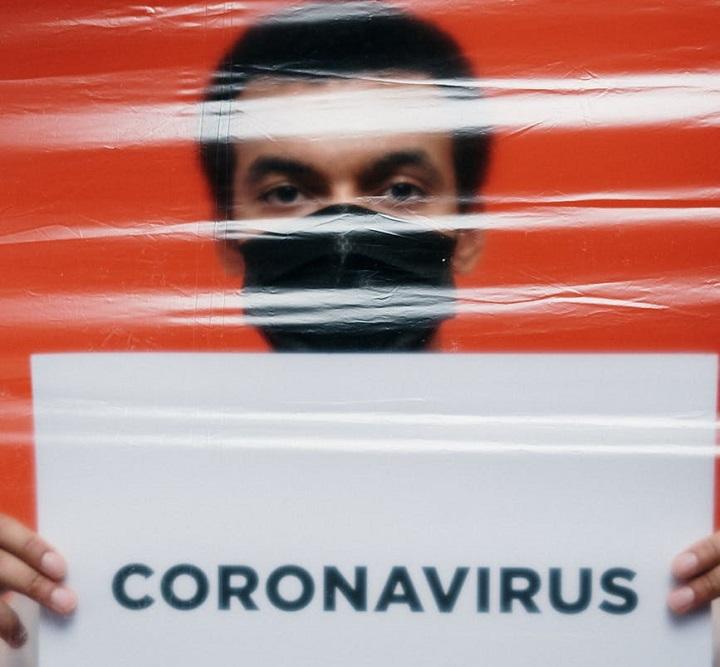
Written by EY Ireland's chief economist, Neil Gibson
As we aim to come to terms with the scale of the Covid-19 crisis in Ireland we have been forced to recognise that alongside the health consequences, there will be major economic impacts.
Depth and breadth of economic impact
Our preliminary estimates show that much if not all, of the island of Ireland’s hard-fought job gains over the last 5 years could potentially be lost in the three months from the start of March.
The critical question is will they be temporary or permanent losses? The uncertainty over how long the lock down will remain in place makes it impossible to say, but there are sadly likely to be a significant number of businesses ceasing to trade. This is a global problem, so unlike during the financial crisis, talented people cannot leave the island to find work elsewhere which will add to the spike in unemployment levels.
RELATED: Learnbonds: How COVID-19 has affected Zoom, Boeing and Bitcoin
The response
The ‘bridging’ bill in response to this crisis will be enormous. The key question is who should take on the debt – government or business? The emotional strain for many business owners in deciding if the if they can take on debt with such an uncertain road ahead means that where possible, government should take the debt. Or more accurately civil society should take the strain.
This would mean payroll support and direct aid are more valuable than lending and credit. That is not to say that lending institutions do not have a part to play in addressing the crisis, and forbearance on payments and debt servicing will be required.

Innovation and Ingenuity
While we cannot sugar-coat the economic outlook, we must take the time to acknowledge and applaud the innovation that is shining through as people get to grips with our current reality.
We have seen numerous examples from our EY Entrepreneur of the Year alumni who are facing incredible challenges within their own companies but who are foregoing much needed revenue and giving their time to help support the country’s healthcare workers in their time of need.
RELATED: The UK's coronavirus plan may be unsuitable for small businesses and the self-employed
Tough times often bring out the best in people and there can be some positive outcomes as people declutter, refocus and think of each other more.
We are also seeing job opportunities being created, in healthcare delivery industries, in food production, in call centres offering support and advice, and in elements of the manufacturing industry.

Protecting the vulnerable
The measures that are in place to contain the spread of Covid-19 are absolutely necessary and correct, particularly to protect the most vulnerable members of our society. But we must also remain aware of those people made vulnerable due to the loss of a business or a job and must ensure we respond to both elements of the crisis hand in hand.
RELATED: Tech Trailblazers: Caitriona Mulhern